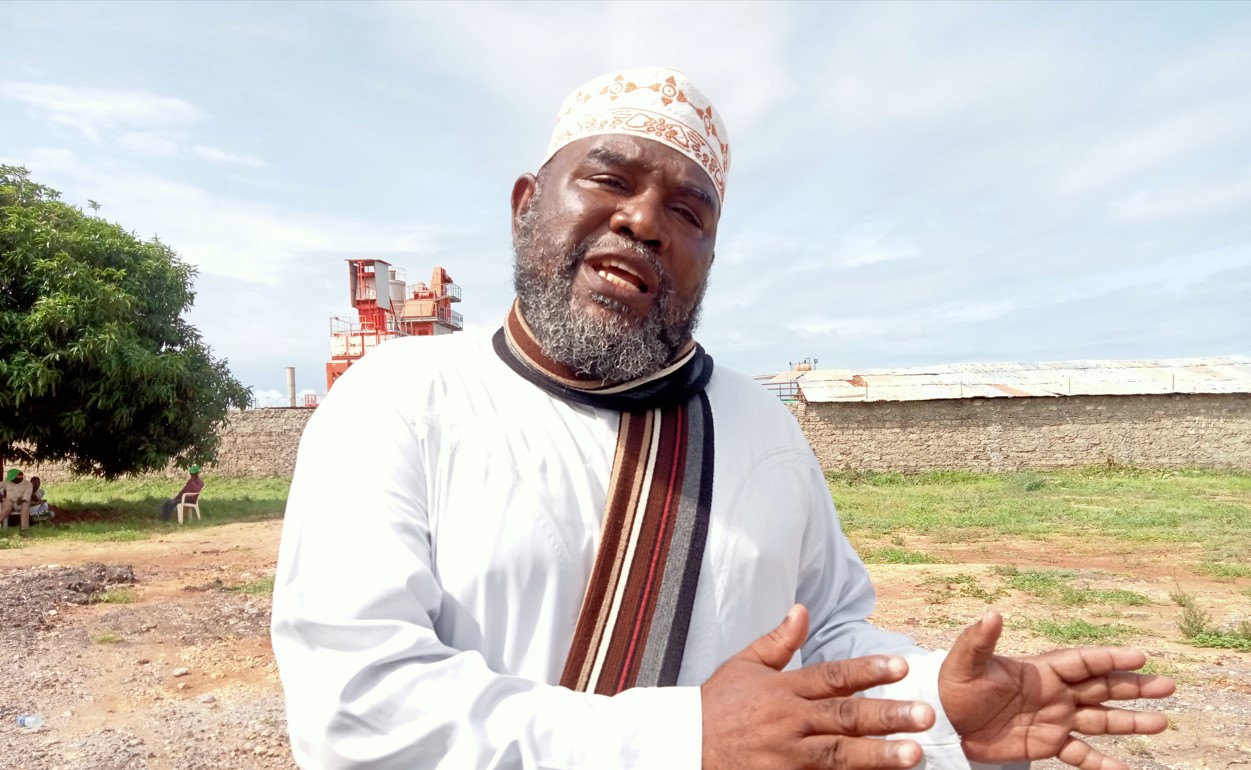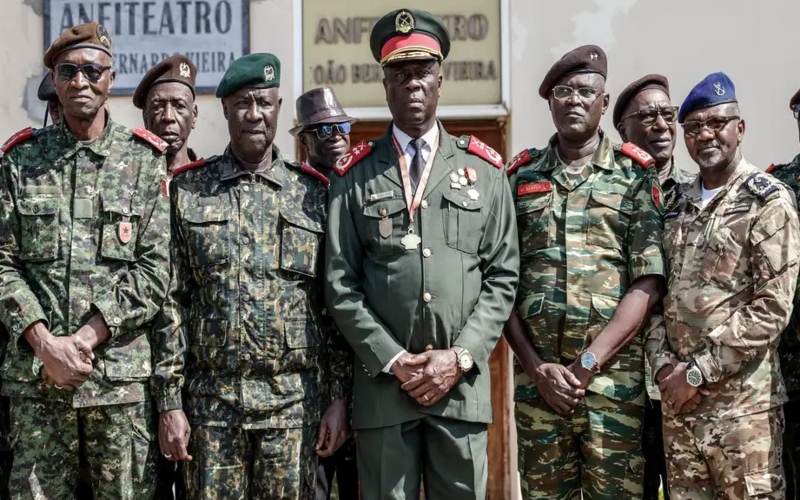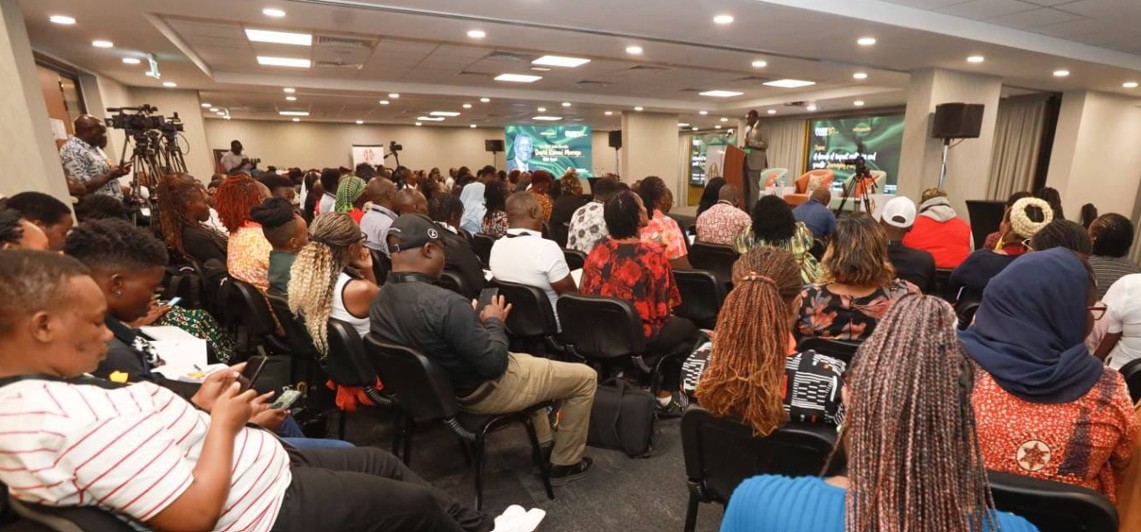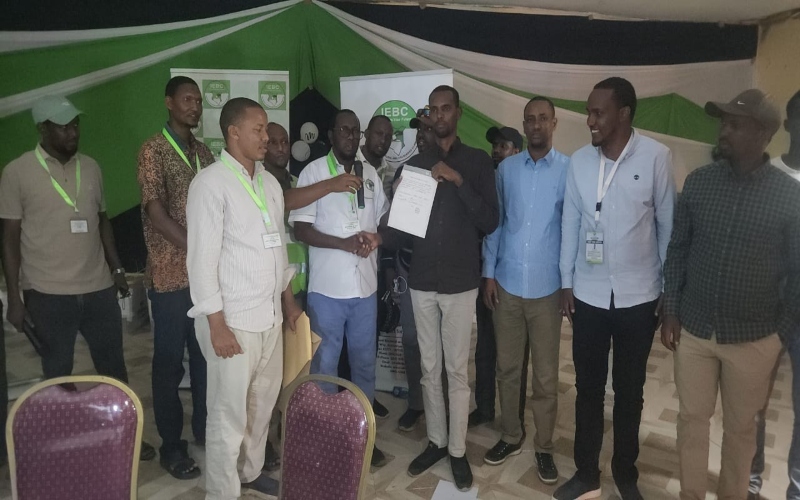Lamu Muslim cleric Tantawy excites faithful with poetic delivery of sermons in mosques

He says after the scholar was amazed at how proficient he was in reading and analysing the Quran at his tender age, he decided to give him the name Tantawy.
Ustadh Mohamed Shariff Mzee, popularly known as Tantawy, is a Lamu Muslim cleric who is loved by many, both young and old.
This is because of his unique way of delivering speeches and sermons in mosques through the use of poetry.
More To Read
- 60 years after Malcolm X's killing, his message can't be silenced or ignored
- Lamu’s centuries-old Mbwajumwali village to have first seawall after 800 years
- Afghan women stage rare protests on International Women's Day
- Hundreds Flock to Jamia Mosque to learn more about Islam
- Women in Islam: UN's Amina Mohammed calls for action on empowerment and peace
- 'We don't exist': Pakistan's Ahmadi minority living in fear
He is a talented poet, which makes many to try hard not to miss his sermons every time he delivers them in mosques.
Tantawy’s reputation for using his poetic and colourful language while delivering sermons in mosques has spread far and wide, not only in his Kizingitini village in Lamu East, but also throughout Lamu County and the Coast region.
Sometimes, you may find Tantawy sitting in barazas or walking around the streets, whether in his home village of Kizingitini or in Lamu Old Town, giving religious teachings to Muslim devotees using poetic language, making his method different from other Muslim clerics.
Tantawy, a father of nine, was born in Kizingitini village in Lamu East in 1964. He is 60 years old.
During an interview with The Eastleigh Voice, Tantawy said he prefers to deliver sermons, speeches or lectures in mosques through poetry, noting that the use of poems always makes the sermons easily understood and entertaining at the same time.
He explains that many words, especially those in Arabic, written in the Quran are in a poetic form.
Easily understood
He said it is through his poetic technique that he makes mosque speeches more easily understood, thus enabling the faithful who attend prayers in mosques to grasp such teachings with ease.
“I have loved poetry since I was young. When I am in the mosque, I use my poetic talent to preach, advise, remind and educate many. People like my way of doing things, and that’s why many congregants get attracted by following my teachings in the mosques,” said Tantawy.
“Many Arabic words are in a poetic form. That means when I use poetry then things are interpreted and understood better and more effectively than just speaking,” he added.
The Muslim cleric believes that in order for a word, especially an Arabic one, to be considered to have been used correctly, it must be referenced from three places.
“The word must draw its appeal from the Quran, the Hadiths of Prophet Muhammad (S.AW)) or from Arabic poetry. And that is why I value poetry so much in my speeches and sermons as one of the methods to effectively deliver mosque sermons,” he said.
He emphasised that poetry expresses things clearly, thus making language more beautiful and understandable.
Apart from being a cleric, Tantawy is also a scholar, especially on issues related to Islamic religious education.
But why was he given the name Tantawy which is today more popular than his real name?
He explains that the name Tantawy was given to him by a cleric and scholar from Egypt who arrived in Lamu a while back to educate them about religion.
The popular cleric says after the scholar was amazed at how proficient he was in reading and analysing the Quran at his tender age, he decided to give him the name Tantawy.
“Currently, Tantawy is a famous household name within Lamu County, more than my real name. If you ask about Mohamed Shariff Mzee, you might spend the whole day without finding me. But if you ask about Tantawy, even a minute is too long, you will be told it’s me,” said the cleric.
But where does his poetic talent come from?
Tantawy admits that he was born into a family of poets. His uncle, Sheikh Ahmad Msallama, was a famous poet in Lamu and the Coast.
He says Sheikh Ahmad, who died in September 2020, was the one who made him immerse himself fully in poetry.
Residents interviewed by The Eastleigh Voice in Lamu praised Tantawy for being a “man of the people”.
Kassim Shee, a resident of Kizingitini, describes Tantawy as a humorous person who is loved by many.
“I really enjoy the sermons delivered in mosques by Ustadh Tantawy who passes them in a poetic style. He is humorous. He has a pure and kind heart and spirit,” said Kassim.
Dedicated religious leader
On Lamu Island, those who know Tantawy described him as a dedicated religious leader who interprets things properly and in a non-judgmental way.
“How can you fall asleep when Ustadh Shariff Tantawy delivers sermons in mosques through poetry? I follow almost all of his lectures without falling asleep. His poetic style entertains and keeps you engaged throughout his sermons,” said Khamis Ali.
Some non-Muslims also described Tantawy as tolerant of all religions and non-discriminatory.
“He interacts with everyone in the streets and alleys. When he sees you, he does not discriminate but is ready to collaborate to analyse religious issues while entertaining you with poetry,” said Simon Charo, a resident of Lamu Island.
Tantawy is the sixth born in a family of 20 children.
He attended Kizingitini Primary School in Lamu East before venturing into Islamic religious education.
Top Stories Today













































